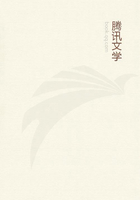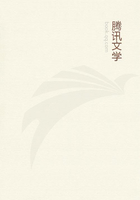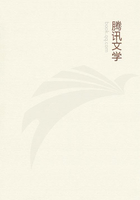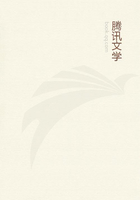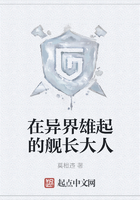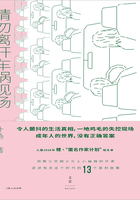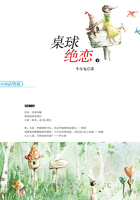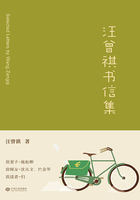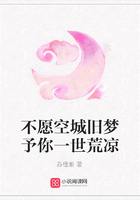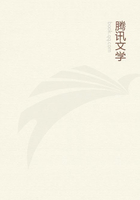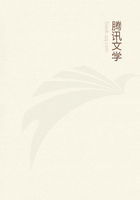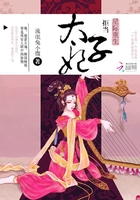When he was a prisoner in the Tower under Mary Tudor, Amy was allowed to visit him. She lost her father, Sir John, in 1553. Two undated letters of Amy's exist: one shows that she was trusted by her husband in the management of his affairs (1556-57) and that both he and she were anxious to act honourably by some poor persons to whom money was due.* The other is to a woman's tailor, and, though merely concerned with gowns and collars, is written in a style of courteous friendliness.** Both letters, in orthography and sentiment, do credit to Amy's education and character. There is certainly nothing vague or morbid or indicative of an unbalanced mind in these poor epistles.
*Pettigrew, 14, note 1.
**Jackson, Nineteenth Century, March 1882, A Longleat MS.
When Elizabeth came to the throne (1558) she at once made Dudley Master of the Horse, a Privy Councillor, and a Knight of the Garter.
His office necessarily caused him to be in constant attendance on the royal person, and the Knighthood of the Garter proves that he stood in the highest degree of favour.
For whatever reason, whether from distaste for Court life, or because of the confessed jealousy with which the Queen regarded the wives of her favourites--of all men, indeed--Amy did not come to Court. About 1558-59 she lived mainly at the country house of the Hydes of Detchworth, not far from Abingdon. Dudley seems to have paid several visits to the Hydes, his connections; this is proved by entries in his household books of sums of money for card-playing there.* It is also certain that Amy at that date, down to the end of 1559, travelled about freely, to London and many other places; that she had twelve horses at her service; and that, as late as March 1560 (when resident with Dudley's comptroller, Forster, at Cumnor Place) she was buying a velvet hat and shoes. In brief, though she can have seen but little of her husband, she was obviously at liberty, lived till 1560 among honourable people, her connections, and, in things material, wanted for nothing.** Yet Amy cannot but have been miserable by 1560. The extraordinary favour in which Elizabeth held her lord caused the lewdest stories to spread among all classes, from the circle of the Court to the tattle of country folk in Essex and Devonshire.***
*Jackson, ut supra.
**For details see Canon Jackson's 'Amy Robsart,' Nineteenth Century, vol. xi. Canon Jackson used documents in the possession of the Marquis of Bath, at Longleat.
***Cal. Dom. Eliz. p. 157, August 13, 1560; also Hatfield Calendar.
News of this kind is certain to reach the persons concerned.
Our chief authority for the gossip about Elizabeth and Dudley is to be found in the despatches of the Spanish ambassadors to their master, Philip of Spain. The fortunes of Western Europe, perhaps of the Church herself, hung on Elizabeth's marriage and on the succession to the English throne. The ambassadors, whatever their other failings, were undoubtedly loyal to Philip and to the Church, and they were not men to be deceived by the gossip of every gobemouche. The command of money gave them good intelligence, they were fair judges of evidence, and what they told Philip was what they regarded as well worthy of his attention. They certainly were not deceiving Philip.
The evidence of the Spanish ambassadors, as men concerned to find out the truth and to tell it, is therefore of the highest importance. They are not writing mere amusing chroniques scandaleuses of the court to which they are accredited, as ambassadors have often done, and what they hear is sometimes so bad that they decline to put it on paper. They are serious and wary men of the world. Unhappily their valuable despatches, now in 'the Castilian village of Simancas,' reach English inquirers in the most mangled and garbled condition. Major Martin Hume, editor of the Spanish Calendar (1892), tells us in the Introduction to the first volume of this official publication how the land lies. Not to speak of the partial English translation (1865) of Gonzales's partial summary of the despatches (Madrid, 1832) we have the fruits of the labours of Mr. Froude. He visited Simancas, consulted the original documents, and 'had a large number of copies and extracts made.'
These extracts and transcripts Mr. Froude deposited in the British Museum. These transcripts, compared with the portions translated in Mr. Froude's great book, enable us to understand the causes of certain confusions in Amy Robsart's mystery. Mr. Froude practically aimed at giving the gist, as he conceived it, of the original papers of the period, which he rendered with freedom, and in his captivating style--foreign to the perplexed prolixity of the actual writers. But, in this process, points of importance might be omitted; and, in certain cases, words from letters of other dates appear to have been inserted by Mr. Froude, to clear up the situation. The result is not always satisfactory.
Next, from 1886 onwards, the Spanish Government published five volumes of the correspondence of Philip with his ambassadors at the English Court.* These papers Major Hume was to condense and edit for our official publication, the Spanish State Papers, in the series of the Master of the Rolls. But Major Hume found the papers in the Spanish official publication in a deplorably unedited state.
Copyists and compositors 'seem to have had a free hand.' Major Hume therefore compared the printed Spanish texts, where he could, with Mr. Froude's transcripts of the same documents in the Museum, and the most important letter in this dark affair, in our Spanish Calendar, follows incorrectly Mr. Froude's transcript, NOT the original document, which is not printed in 'Documentos Ineditos.'**
Thus, Major Hume's translation differs from Mr. Froude's translation, which, again, differs from Mr. Gairdner's translation of the original text as published by the Baron Kervyn de Lettenhove.***
*Documentos Ineditos para la Historia de Espana. Ginesta, Madrid, 1886.

